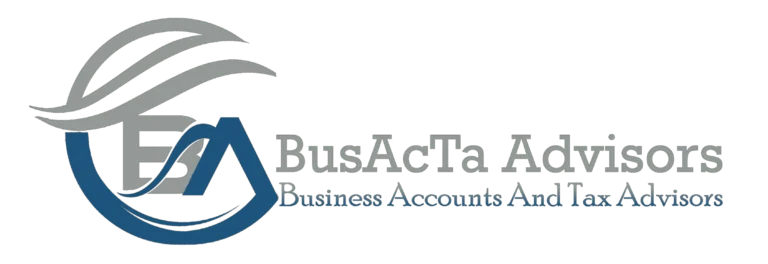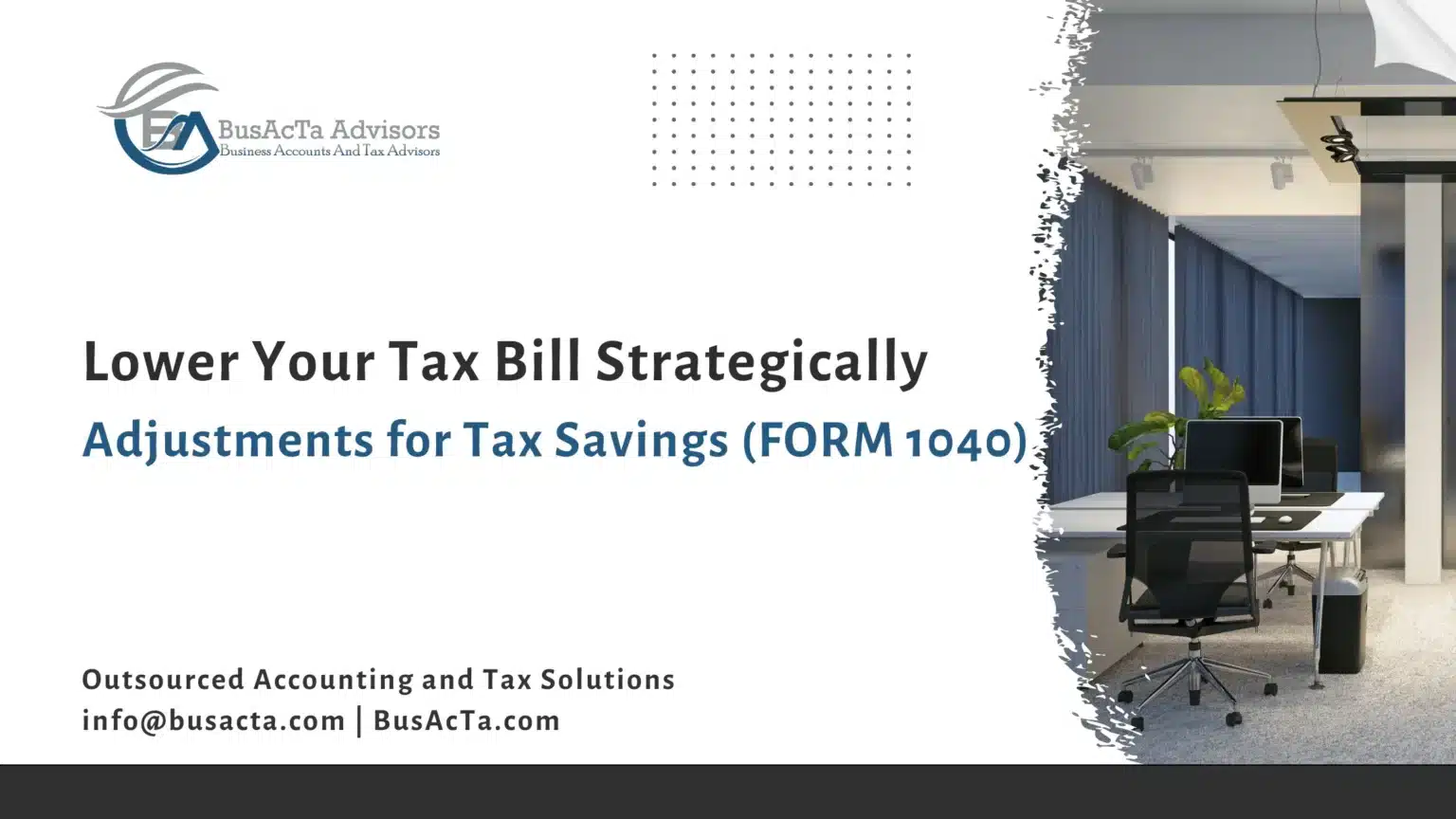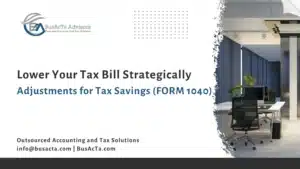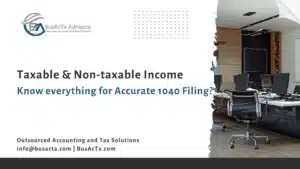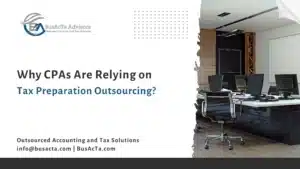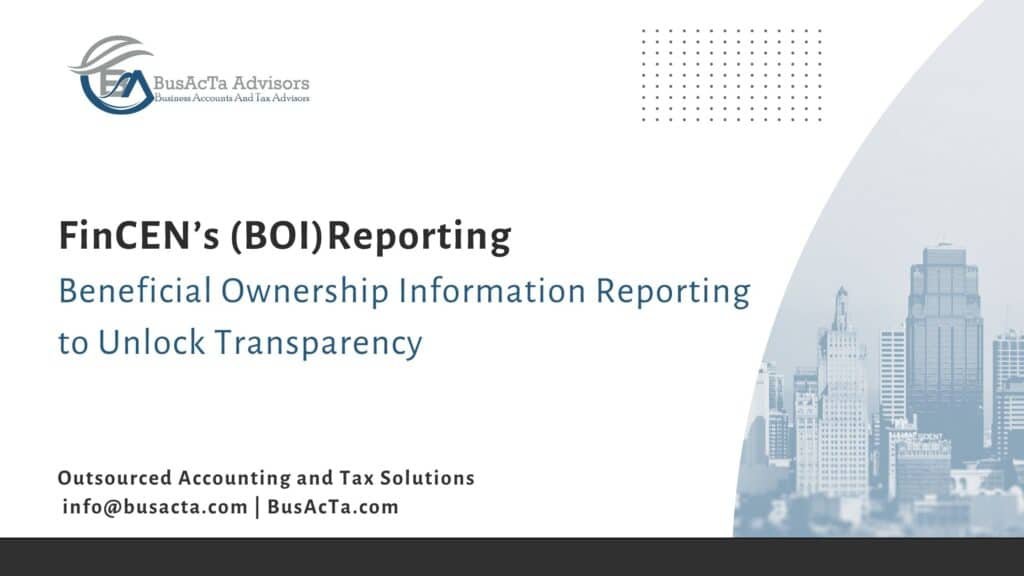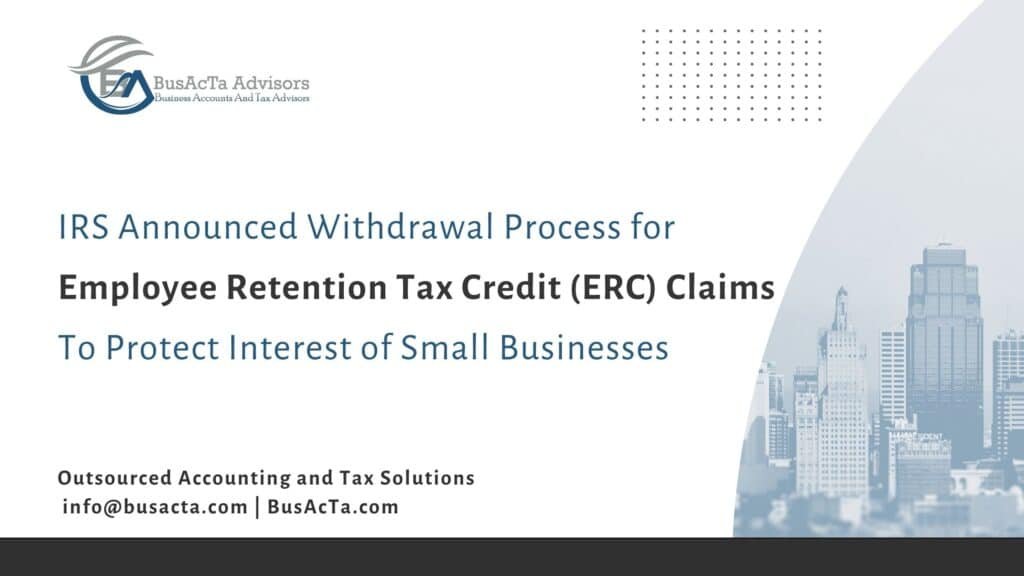Introduction
When it comes to filing taxes, every dollar counts. Adjustments to income, often referred to as “above-the-line deductions,” are specific expenses the IRS allows taxpayers to subtract from their gross income. This blog post describes the changes that can be made, giving you ideas for how to get the most out of your deductions and maybe even lower your tax bill.
What is the meaning of Adjustments?
Adjustments to income are specific deductions that directly reduce your gross income, determining your adjusted gross income (AGI) on Form 1040. Unlike itemized deductions, they are available to everyone, irrespective of whether you itemize or take the standard deduction. Adjustments have the dual benefit of reducing your taxable income and possibly qualifying you for other deductions and credits with thresholds based on AGI.
Common Adjustments to Income
Common adjustments to income include contributions to retirement accounts, student loan interest, educator expenses, and health savings account contributions. These adjustments can help lower your taxable income and potentially increase your tax refund or reduce the amount you owe. Let’s take a look at the most common changes that taxpayers can make:
Retirement Account Contributions: A traditional IRA or 401(k) contribution can lower your taxable income. This could lower your tax bracket and save you money on taxes. These contributions can also help you save for retirement and ensure you have enough money. The maximum contribution limit for Traditional IRAs for 2023 is $6,500 ($7,500 if you’re 50 or older), which shows how important it is to save for retirement.
Student Loan Interest: If you have student loans, you can lower your taxable income by deducting the interest you pay on them. Individuals who are struggling with student loan debt can benefit from this. This deduction is available for up to $2,500 of interest paid on qualified student loans. It’s an excellent way to keep up with your student loan payments and maybe even lower your tax bill.
Deductible part of self-employment tax: Self-employed individuals can deduct half of their self-employment tax from their taxable income, which can help reduce their overall tax liability. This deduction is intended to provide relief to those who are responsible for paying both the employer and employee portions of Social Security and Medicare taxes.
Health Savings Account (HSA) Contributions: HSAs offer a triple tax advantage: contributions are tax-deductible, the account’s growth is tax-free, and withdrawals used for qualified medical expenses are tax-exempt. Contribution limits for 2023 are $3,650 for individuals and $7,300 for families.
Penalty on Early Withdrawal of Savings: While it’s generally not advisable to withdraw savings early, if you do have to pay a penalty, you may be able to deduct it from your taxable income. This deduction can help offset some of the financial consequences of prematurely needing to access your savings.
Alimony Payments: Alimony payments are tax-deductible for the payer and considered taxable income for the recipient. However, alimony payments are no longer deductible and taxable for agreements executed or modified after December 31, 2018. This marks a significant shift from previous tax treatment.
Other Potential Adjustments to Income
Apart from the standard adjustments, there are a few more that might be relevant based on your situation:
Educator Expenses: Teachers in kindergarten through 12th grade who pay for their own school supplies can deduct up to $250. This shows that the IRS understands how important teachers are and how much money they often have to spend.
Self-employed SEP, SIMPLE, and qualified plans: Self-employed individuals can contribute to a Simplified Employee Pension (SEP) plan, a Savings Incentive Match Plan for Employees (SIMPLE) IRA, or a qualified retirement plan. These plans allow self-employed individuals to save for retirement while also receiving tax benefits.
Self-employed health insurance deduction: Self-employed individuals can recognize the expense of health insurance for those without employer-sponsored plans by deducting the premiums for their own and their dependents’ long-term care, dental, and medical insurance.
Moving Expenses (for military only): Armed Forces members moving due to a permanent change of station can deduct their unreimbursed moving expenses, acknowledging their service and the unique challenges of military life.
Discrimination Lawsuit Fees: You can deduct legal fees and court costs associated with lawsuits in which you claim unlawful discrimination. This includes claims based on race, age, religion, sex, national origin, and disability.
Jury duty pay: If you handed your jury duty pay over to your employer because they continued to pay your salary At the same time you served, you could deduct that amount, preventing double taxation.
Archer MSA (Medical Savings Account) Contributions: Archer MSA accounts have been unavailable since 2007. Therefore, you cannot open a new account to get the benefits of Archer MSA; however, existing accounts can still be used, but they may not be as advantageous as HSAs. Archer MSAs are the same as HSAs for a tax-advantaged way to save for medical costs for self-employed individuals and small business employees.
In conclusion
Adjustments to income can significantly impact on your finances. Understanding and using these deductions can lower your taxable income and tax bill. Every taxpayer’s situation differs, so consult a tax professional to customize these strategies. As Benjamin Franklin famously said, “In this world, nothing can be said to be certain except death and taxes.” Navigating the latter can be easier with knowledge.
Get personalized help from BusAcTa Advisors at info@busacta.com to maximize your adjustments and deductions and reduce your tax bill. Our knowledge will help you navigate the complicated world of taxes and ensure that you pay less.
